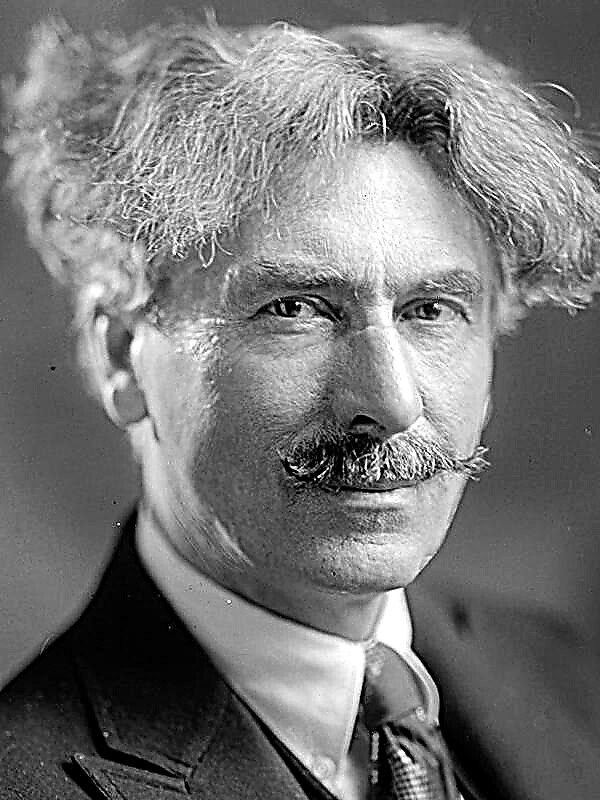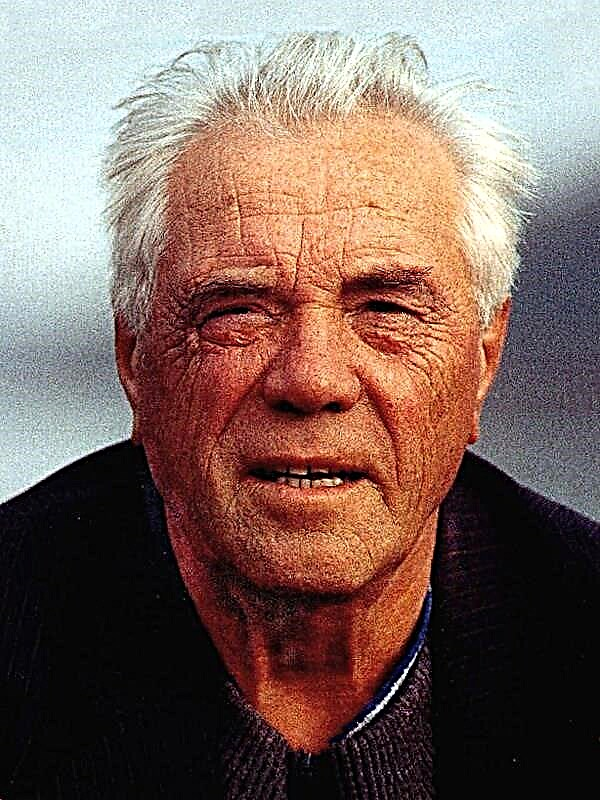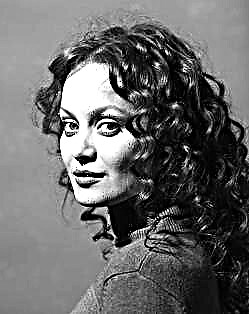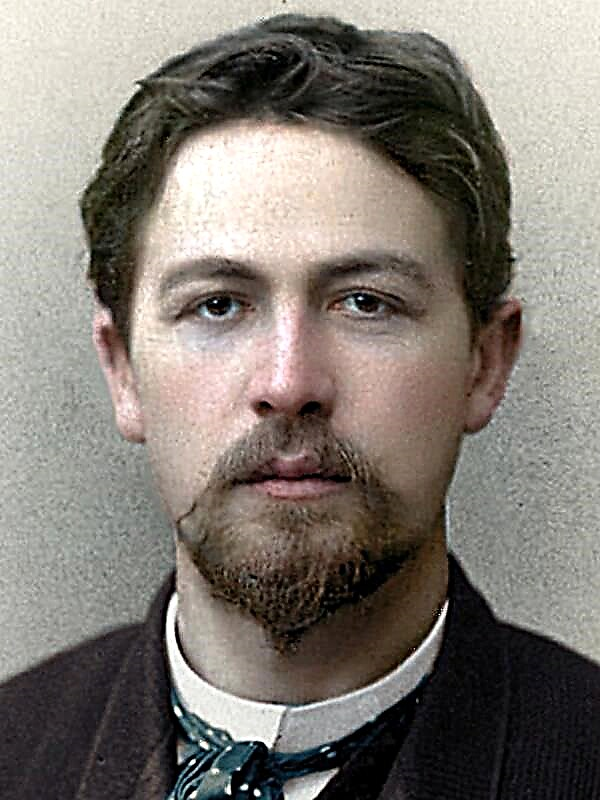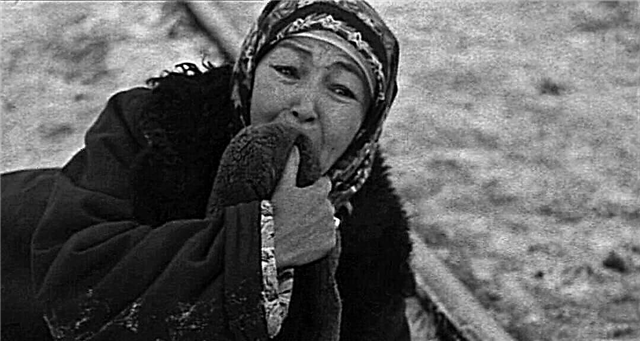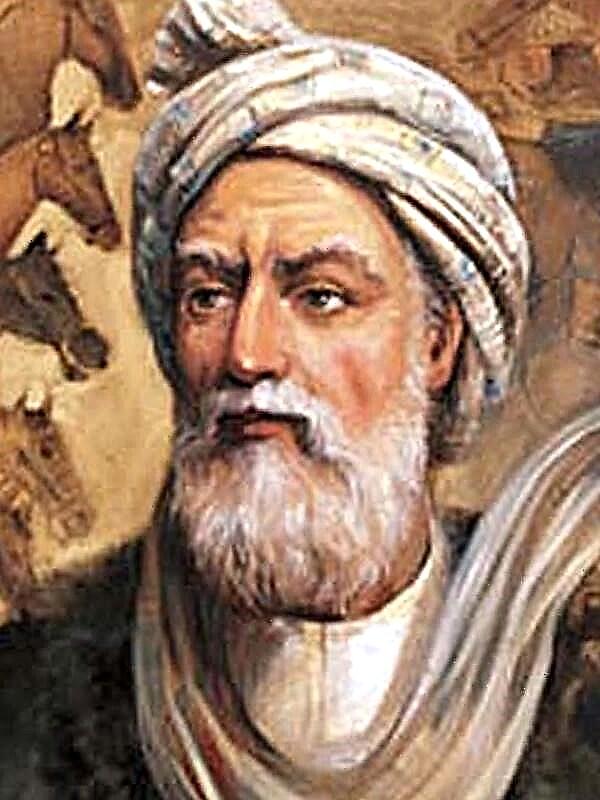Share
Pin
Tweet
Send
Share
Send
There are few people in the world who would not hear about Fyodor Mikhailovich Dostoevsky, the great Russian writer. His work has earned worldwide popularity. Although the writer's contemporaries did not fully appreciate his contribution to the development of domestic realism, the following generations fully succeeded.
- Childhood. The future writer was born on November 11, 1821 in Moscow. Father, a nobleman, was a doctor, and his mother, Maria Fedorovna, belonged to a merchant family and was engaged in raising children in a tiny outbuilding behind the hospital. From childhood, the writer developed a craving for creativity. Maria Fedorovna taught children to read from the age of four.
- Youth and education. In 1834, the Dostoevsky brothers entered the Moscow boarding school, but in 1837 the writer's mother died. After this, sixteen-year-old Fedor and his brother are brought to St. Petersburg for admission to an engineering school. The brothers wanted to connect their lives with literature, but my father insisted on his own.
- Subsequent literary activity.The first work - “Poor people” - the writer completed in 1845. The novel was warmly received by the public. He was praised by the outstanding reviewer Belinsky and the venerable writer Gogol. The next work, The Double, met only misunderstanding, and this cooled the author’s relationship with other writers.
- Sentence and Prison. In 1846, Fedor became acquainted with the revolutionary-minded Petrashevsky. In 1848 he became one of the members of the secret society of Petrashevists. In 1849, Dostoevsky was arrested among other associates for the storage of banned literature. In 1849, on December 22, he was sentenced to death, but at the last moment the execution was interrupted and replaced by hard labor. Dostoevsky spends four years in hard labor in Omsk. After his release, in 1854, an affair broke out with Maria Dmitrievna Isaeva, the widow of his comrade. In 1857, Fyodor Mikhailovich married her.
In the same year, Dostoevsky was granted a full amnesty, and permission was given to publish. He writes Notes from the Dead House and regains fame. - Personal life. Returning to a free life, the author began to work a lot, but his wife fell ill with tuberculosis. The disease was complicated by a woman's mental disorder. Surviving the death of his brother, Dostoevsky goes abroad and gets acquainted with the suffragist Polina Suslova. The novel ends due to differences in views, more details here. Then the writer discovers a passion for cards and devotes a number of works to this. After a while, he finds a new wife - Anna Snitkin. She becomes his faithful companion in work, types and edits texts. She becomes the mother of his children.
- Job. Fedor got a job in his brother’s magazine - “Time”. They popularized soil ideas, more here. When it was closed for censorship reasons, they opened a new press organ called The Epoch, but went bankrupt. Having lost a lot to roulette, Dostoevsky signs a contract with other media. Now he has to write very fast. First, the “Player” comes out, and then the writer saw Leo Tolstoy’s success with “war and peace,” and decided to repeat it. But the deadlines were running out, so he wrote five novels separately, and not a single epic: Crime and Punishment ”(1866),“ Idiot ”(1868),“ Demons ”(1871-1872),“ Teenager ”(1875),“ Brothers Karamazovs ”(1879-1880).
- Death. At 60, Dostoevsky died of an exacerbation of lung disease, more here. In February 1881, the great writer was buried at the Tikhvin Cemetery in St. Petersburg.
Share
Pin
Tweet
Send
Share
Send

